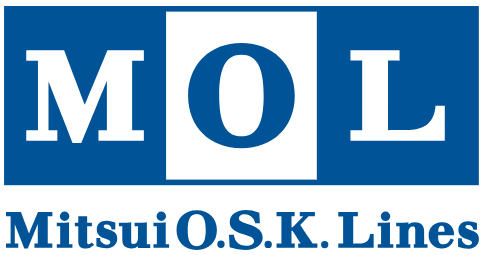The Japan-Norway Society and Ekeberg Sculpture Park are pleased to invite to Japanese Tea Ceremony in the beautiful forest. We hold 3 different tea ceremonies at 3 different places in the park, in Pavilion, beside the pond, and around an art piece “CHLOE”. Experience the spirit of Japanese Tea Ceremony in the Norwegian Nature!
Date: 22. September 2019
Time:14:00-16:00
Place: Ekebergparken Kongsveien 23, 0193 Oslo
Participation Fee: 260 kr for J-NS members / 300 kr for non-members
Program:14:00-16:00 Participate on Japanese Tea Ceremony at 3 places
Registration & Payment: through registration form of Ekeberg Sculpture Park’s Website
-Book one place and the starting time 14:00, 14:30, 15:00, 15:30.
-We will take "first come - first serve" policy.
Beside a pond: Sit down and partake in the Japanese tea ceremony by the parks water reservoir. The closeness to the water emphasize how tranquility and purity are two of the main principles in the tea ceremony. A desire to add an element of water to the park led to the creation of this water reservoir, shaped like a calm pond in the forest and well suited for site-specific art. The water reservoir with two linear wooden sides. Where the surface meets existing terrain on the inside of the depression, the pond has been shaped with an organic and natural transition.
Urasenke by Ole Marius Tørrisen
Booking: https://ekebergparken.trekksoft.com/en_GB/activity/277279/japansk-teseremoni-vannspeilet
Ekeberg Pavilion: In Dan Graham’s Ekeberg Pavillion sit on Tatami-mats and enjoy Matcha as the traditional Japanese style, and experience the dissolution of the boundaries between art and surroundings in a meditative atmosphere.
Urasenke or Omotesenke in traditional style by Marius Frøisland and Yasuko Oki.
Booking: https://ekebergparken.trekksoft.com/en_GB/activity/277288/japansk-teseremoni-pavilion
Viewpoint at Ekebergrestauranten: An important part of the tea ceremony is the meditation it provides. In the station surrounding the artwork Chloé by the artist Jaume Plensa, we will focus on this part, making time and opportunity for your to relax and enjoy the fleeting moment as tea is being made. How you view the artwork and the ceremony will differ depending on where you sit, so this can be a foundation for a good conversation afterwards with the other participants.
We will utilize the wabicha elements of the tea ceremony, using simple and imperfect tools, focusing entirely at the task at hand. The unfinished circle also provides an example of the Japanese Ensō, a finished or unfinished circle often used in Japanese ink paintings and Zen.
How you choose to treat this moment is up to you, but we ask that any questions will be asked after the ceremony has been completed, so that everyone can enjoy their own meditative experience.
Urasenke by Håkon Vadstein
Booking: https://ekebergparken.trekksoft.com/en_GB/activity/277429/japansk-teseremoni-utsiktspunktet












